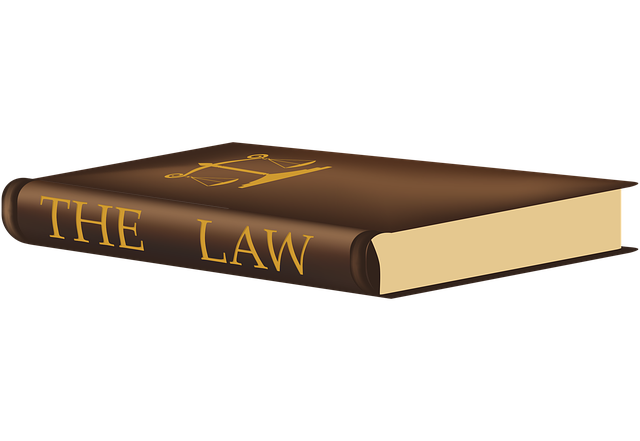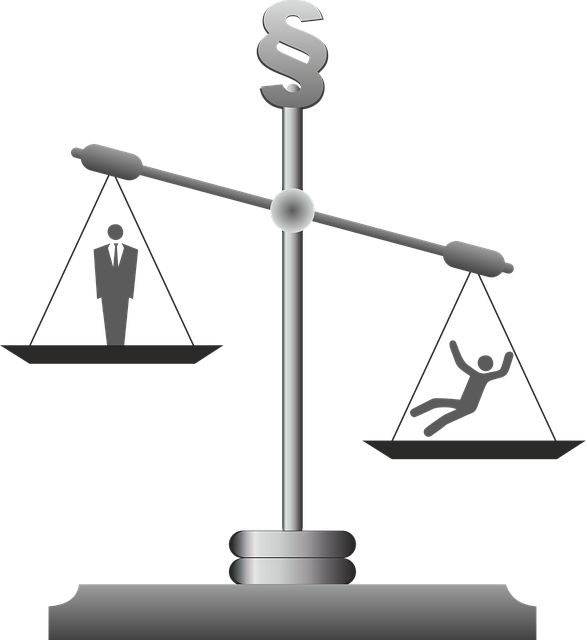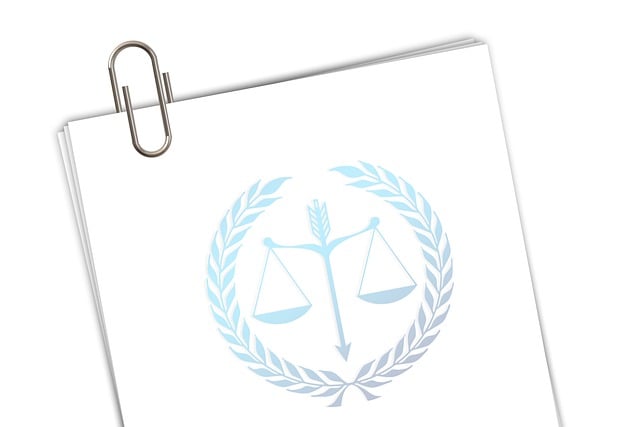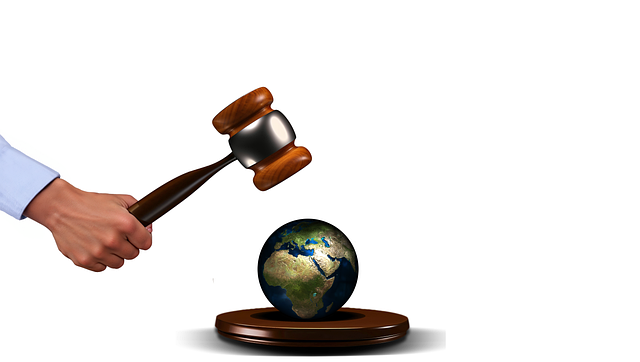Whistleblower Protection Laws (WPL) are crucial for revealing Environmental Law Compliance Issues and Solutions. They safeguard whistleblowers from retaliation, encouraging disclosures of hidden illegal or unethical activities. Adhering to environmental regulations, proactive compliance, and transparent communication deter whistleblowing. Notable cases highlight the effectiveness of WPL in enforcing compliance and holding corporations accountable for misconduct, with settlements mandating stricter protocols or resulting in enhanced regulatory oversight.
Whistleblower Protection Lawsuits: A Crucial Tool in Environmental Law Enforcement. This article explores the intricate world of whistleblower protection, focusing on its role in addressing environmental law compliance issues and solutions. We delve into the significance of understanding whistleblower laws, their impact on exposing environmental breaches, and effective legal defense strategies. Through case studies, we present success stories and lessons learned, highlighting the power of whistleblowers in creating a greener future.
- Understanding Whistleblower Protection Laws
- Environmental Law Breaches and Their Impact
- Strategies for Effective Legal Defense
- Case Studies: Success Stories and Lessons Learned
Understanding Whistleblower Protection Laws

Whistleblower Protection Laws (WPL) are a crucial set of legal provisions designed to safeguard individuals who expose illegal or unethical activities within their respective businesses or organizations. These laws recognize the vital role that whistleblowers play in revealing environmental law compliance issues and solutions, often acting as a critical check on corporate misconduct. By providing legal protections against potential retaliation, such as firing or harassment, WPL encourage employees to come forward with information that might otherwise remain hidden.
Understanding these laws is essential for businesses aiming to maintain integrity and achieve extraordinary results while adhering to environmental regulations. They ensure that whistleblowers are not put at risk for speaking up about wrongdoings, fostering a culture of transparency and accountability. In navigating complex legal landscapes, businesses must be proactive in comprehending WPL to avoid indictment for retaliating against whistleblowers, thereby promoting ethical business practices and contributing to a healthier environment.
Environmental Law Breaches and Their Impact

Breaches of environmental law can have profound and far-reaching consequences, leading to significant legal repercussions for companies and individuals alike. When whistleblowers come forward to expose such violations, they often initiate high-stakes cases that demand meticulous attention to detail. These disputes not only involve complex Environmental Law Compliance Issues and Solutions but also have a substantial impact on public health, safety, and the environment across the country.
The exposure of environmental law breaches can range from pollution and waste management mishaps to more sophisticated white collar defense strategies. In many instances, these revelations spark widespread investigations, leading to substantial fines, legal penalties, and even criminal charges. Whistleblowers play a pivotal role in uncovering these issues, ensuring that corporations are held accountable for their actions and fostering a culture of environmental stewardship.
Strategies for Effective Legal Defense

In addressing whistleblower protection lawsuits, an effective legal defense strategy is crucial to safeguard businesses and individuals from potential repercussions. One key approach involves understanding and adhering to environmental law compliance issues and solutions. By proactively ensuring regulatory adherence, companies can significantly reduce the risk of whistlebler allegations, which often stem from perceived or actual violations of environmental protections. An unprecedented track record of ethical business practices and transparent communication fosters trust among employees and stakeholders, thereby deterring potential whistleblowing.
Additionally, building a robust internal whistleblowing mechanism that encourages employees to report concerns without fear of retaliation is essential. This includes establishing clear policies, designated compliance officers, and confidential reporting channels. When faced with a lawsuit, legal teams should focus on demonstrating good faith efforts to resolve environmental issues, avoid indictment, and protect the respective business’s interests while ensuring justice is served.
Case Studies: Success Stories and Lessons Learned

Whistleblower protection lawsuits have produced notable case studies that offer both success stories and valuable lessons learned regarding environmental law compliance issues and solutions. One prominent example involves a former employee who exposed illegal waste disposal practices at a major manufacturing facility. Armed with irrefutable evidence, the whistleblower faced retaliation but ultimately secured a settlement that not only compensated for his bravery but also forced the company to implement stringent environmental safety protocols, setting a precedent for industry-wide reform.
Another compelling case involves a group of researchers who blew the whistle on a pharmaceutical giant for falsifying clinical trial data. Through their collective efforts, they achieved a complete dismissal of all charges against them and avoided indictment. This victory not only protected the whistleblowers but also underscored the importance of ethical practices in drug development, leading to enhanced regulatory oversight and improved patient safety. These success stories demonstrate the power of whistleblower actions in promoting environmental law compliance and ensuring accountability for corporate misconduct.
Whistleblower protection lawsuits play a vital role in upholding environmental law compliance issues and solutions. By understanding the protections offered by whistleblower laws, individuals can expose violations with confidence, fostering a culture of accountability within industries prone to environmental breaches. Effective legal strategies, as highlighted in this article, empower whistleblowers to navigate complex legal landscapes, while case studies serve as powerful reminders of the positive impact these actions can have on society and the environment.






